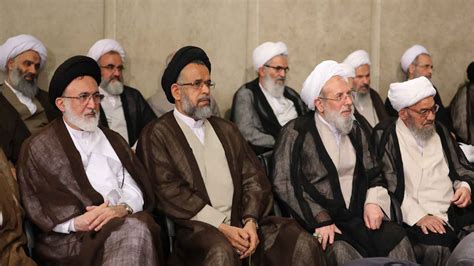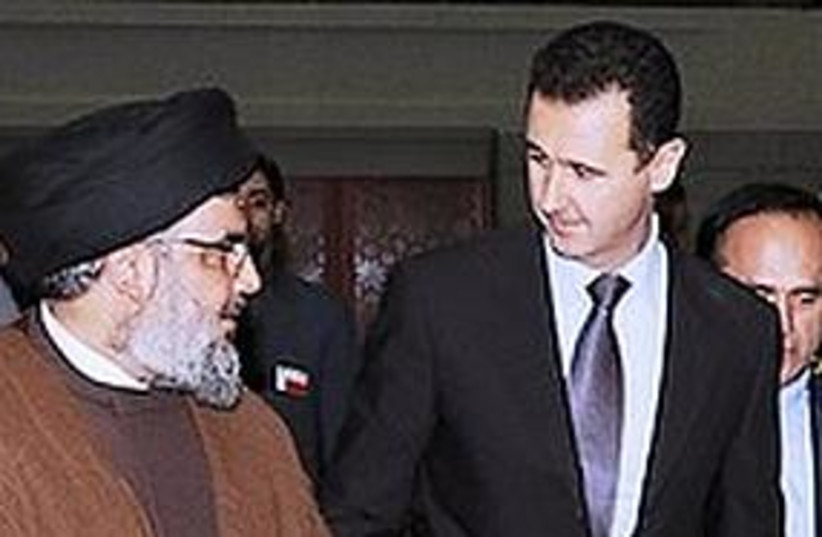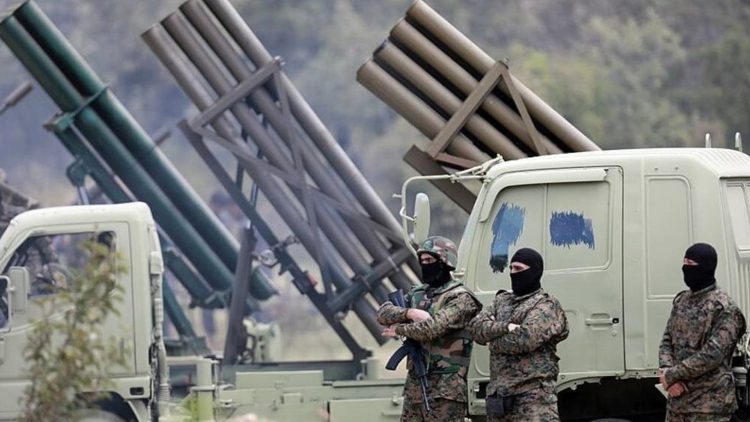Hezbollah would be linked to various brutal sieges and sectarian attacks against Sunni Muslims—straining their once popular standing in the Islamic world. Now, being mercenaries for hire instead of “defending” Lebanon and Palestine, as the group stated, the militia’s popularity took a major hit in Lebanon as well.

Backlash Against Hezbollah in Various Sects and Governmental Policies
Hezbollah’s sectarian violence in Syria would be one of the growing list of concerns the group would face as such acts came back home to Lebanon. Syria is a majority Sunni Muslim country, with the majority of Syrian refugees being Sunnis; the Shiite militia gradually fell out with other Sunnis in not just the Gulf States but Lebanon.
Hezbollah operatives were also indicted and convicted in the assassination of Prime Minister Rafic Hariri, a prominent Assad regime critic, which continued to strain relations with Sunnis in Lebanon.
Growing increasingly close to the Islamic Republic and Assad, Hezbollah became an intermediary of the captagon drug trade, which plagues Lebanon and other Arab states. With the militia in control of the border and port and having major control over the airport, a major incident was bound to happen as the Iranian proxy continued to serve its foreign backers—and that was the Beirut Blast.
The militia is a major suspect in the unstable ammonium nitrate scandal, which caused the port explosion in August 2020, as the organization directly controls access to the area and fights. The party also vetoes governmental propositions on investigating the perpetrators behind the negligence that killed 218 and wounded thousands of others.
The Shiite militia already had a low relationship with the Maronites, particularly the Lebanese Forces party. Deterioration between the two groups reached a new height in the October 2021 clashes.
In the October 2021 clashes, Hezbollah and their Amal allies forcibly entered the Christian neighborhood of Ain El Remmaneh carrying weapons in an attempt to intimidate Judge Tarik Bitar, who heads the Beirut Port investigation. The clashes saw six members of Hezbollah and their Amal allies killed and renewed tensions between the Lebanese Forces and Shiite militia.
Hezbollah also caused anger amongst the Druze community in Lebanon—particularly in 2021 when Druze villagers detained a rocket team from the militia that used their village as human shields against Israel.
The Majdal Shams rocket attack by Hezbollah that killed a dozen Druze teenagers also exacerbated tensions as the Druze have been some of the biggest opponents of Iranian influence in Syria and the Assad regime.

The More Isolated, the More Exposed
During the South Lebanon Conflict and 2006 war, Hezbollah’s manpower was only several thousand as the group focused on guérilla tactics. However, the Syrian Civil War would greatly expose the organization to Israeli attacks and penetration.
The Syrian Civil War at its height saw combatants on various sides suffering hundreds to several thousands of casualties a day, and Hezbollah was no exception to the attrition. Nasrallah dramatically increased recruitment to replenish the losses the militia took, even stating the group had over 100,000 fighters and allies in various countries.
In a September 2024 article, the Financial Times revealed that the bigger Hezbollah became, the more likely Israel was able to place spies and agents and collect more human intelligence on the organization.
Expanding the organization into a full army instead of a few thousand fighting forces exposed the militia. Whereas it is much easier to keep tabs on 1-2,000 full-time fighters, Hezbollah now had trouble keeping up with 50-100,000 militiamen.
Adding to the alienation of other ethnic groups in Lebanon and deteriorating popularity in the Arab world, the Israeli army has thoroughly annihilated much of Hezbollah’s senior and mid-level commanders. Without being able to use other sects’ neighborhoods to attack the IDF, Hezbollah is relegated to the South, Bekaa Valley, and Dahiye neighborhoods of Beirut.
Overall, the more Hezbollah became a mercenary-for-hire organization for Iran and Syria instead of a fighting force for Lebanon, the militia unwittingly started its decimation and decapitation. Now in a precarious situation, Hezbollah does not have the popular support or sympathy it once had amongst fellow Arabs to support the organization in its war against Israel.










COMMENTS